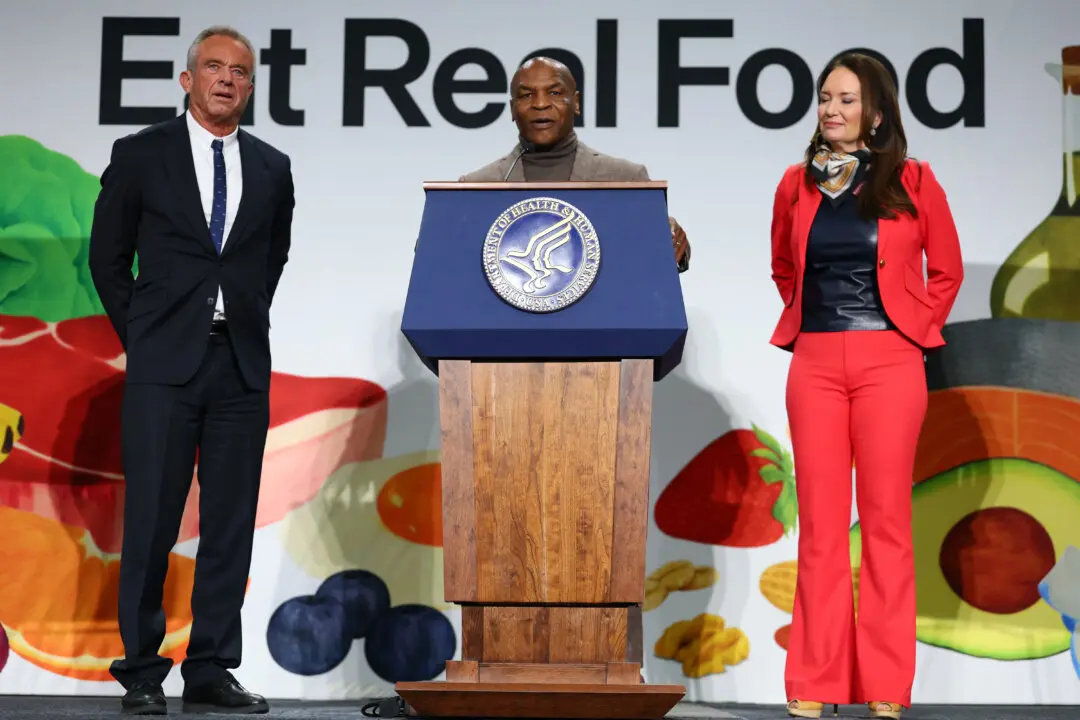Commentary
This morning, I was speaking with a gentleman who lives in New York City. He is highly trained. He has a good job. He is professionally ambitious. But, he says, these days he’s struggling to afford food. After the high expense of rent and transportation, along with all the other strange ways the city comes after your wallet, he can no longer afford restaurants.





